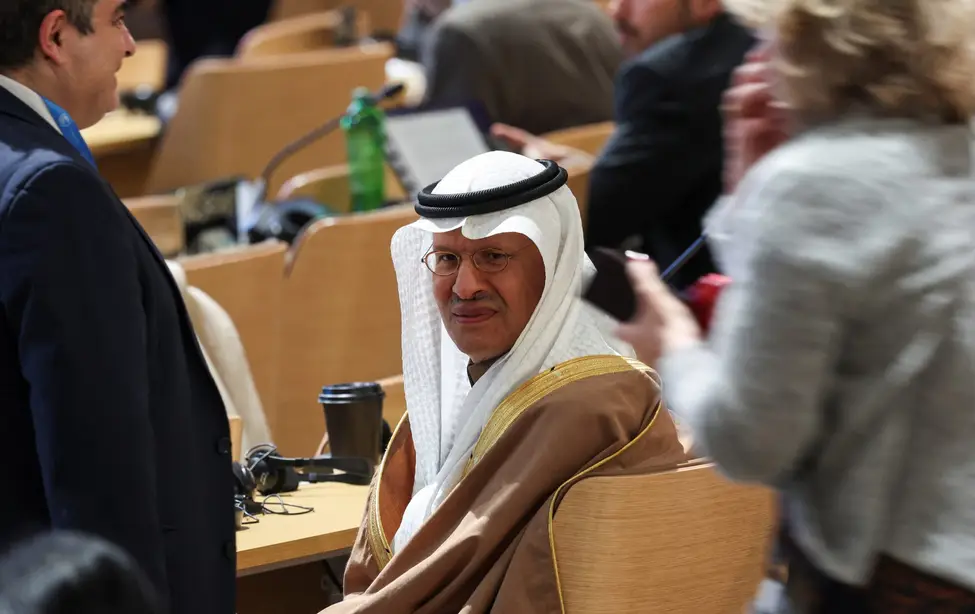Mining Other

Gulf’s fossil-fuel backing drives global climate debate

A United Nations vote this week on a climate change-related motion rejected fresh calls to progressively do away with fossil fuels.
Industry observers say it is a sign of the growing popularity of Gulf states’ long-held, all-of-the-above energy strategy.
On Tuesday, the UN Human Rights Council cleared its annual resolution, which reiterates people’s right to a “clean, healthy and sustainable environment”, only after the Marshall Islands and Colombia agreed to drop proposed language on “transitioning away from fossil fuels in energy systems”, Reuters and Climate Home News reported.
“The removal of the language from the UNHRC motion is another example of how effective GCC action on the climate front has been over the last few years,” says Gregory Brew, a senior analyst for Iran & Energy at the Eurasia Group in New York.
“The goal of the GCC states is to assert leadership over the global energy transition, but to do so without jeopardizing the position of hydrocarbons within the energy mix.”
The phrasing that fell away from the latest UNHRC resolution was agreed to by some 200 nations at the COP28 climate conference in Dubai in December 2023.
Only a year later, at the COP29 event in Baku, Azerbaijan, Saudi Arabia walked back the commitment and managed to have any direct reference to polluting sources of power scrapped from the new agreement.
“The Arab Group will not accept any text that targets specific sectors, including fossil fuels,” Saudi negotiator Albara Tawfiq said at the plenary in November 2024.
Reuters cited three unnamed diplomats claiming that lobbying by countries like Saudi Arabia and Kuwait led to the change in the UNHRC resolution this week.
According to Brew, the argument that the energy transition and lowering emissions can be achieved without completely eliminating hydrocarbon consumption, which many Gulf states still rely on for economic growth, is “in ascendance”.
That’s partially because of the US’s about-face on climate change and renewables, and President Donald Trump’s fresh embrace of “drill, baby, drill!”
“But rather than go back to an ‘old normal,’ the GCC position reflects the changes in the energy landscape, most notably the proliferation of clean energy tech (EVs, solar panels, etc.) pushed by China and the continued resilience of oil and gas demand,” Brew says.
Amin Nasser, president and CEO of Saudi Aramco, said at the latest CERAWeek gathering of energy tycoons in Houston in March that “the winds of history” were in the industry’s “sails again” and that the time had come to “usher in a truly golden new era of abundant, affordable and sustainable energy for all”.
According to Kate Dourian, a fellow at the Energy Industry in London and the Arab Gulf States Institute in Washington DC, the phasing out of fossil fuels is a long-standing “red line” that GCC countries have not and will not accept.
At most it is the rest of the world that is coming back around to their position.
“If you were in Vienna, you would see that it’s all about oil making the world go around, so it’s back,” Dourian tells AGBI from the ninth Opec International Seminar taking place in the Austrian capital this week.
“It doesn’t mean that Gulf leaders are not committed to the transition in their countries,” she notes. “They are going ahead, they’ve not lost their appetites for their net-zero targets.”












